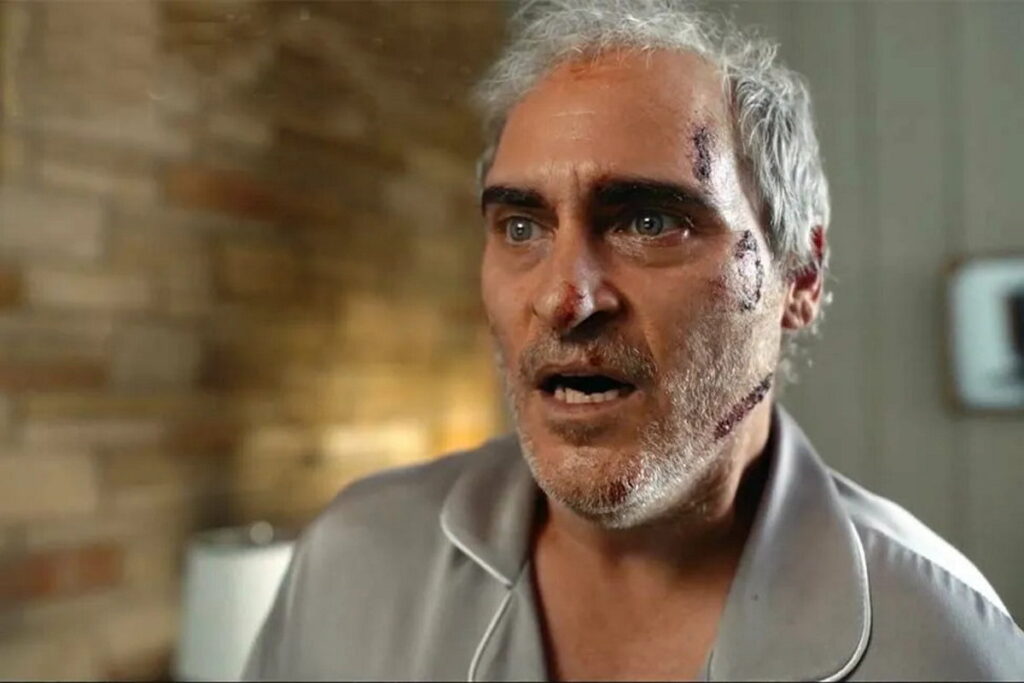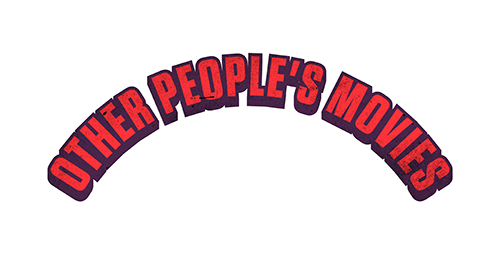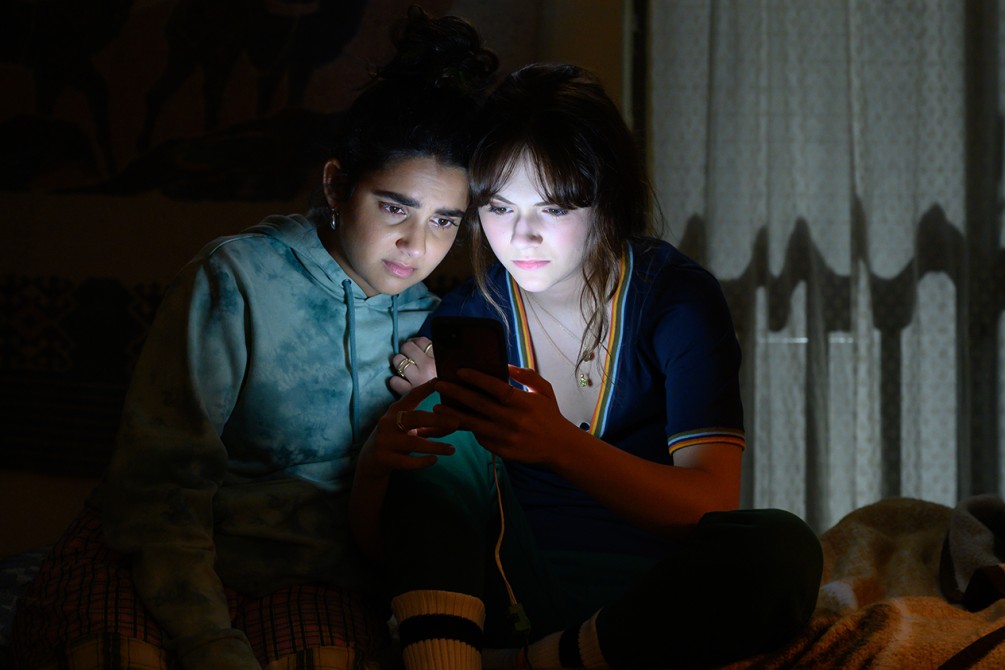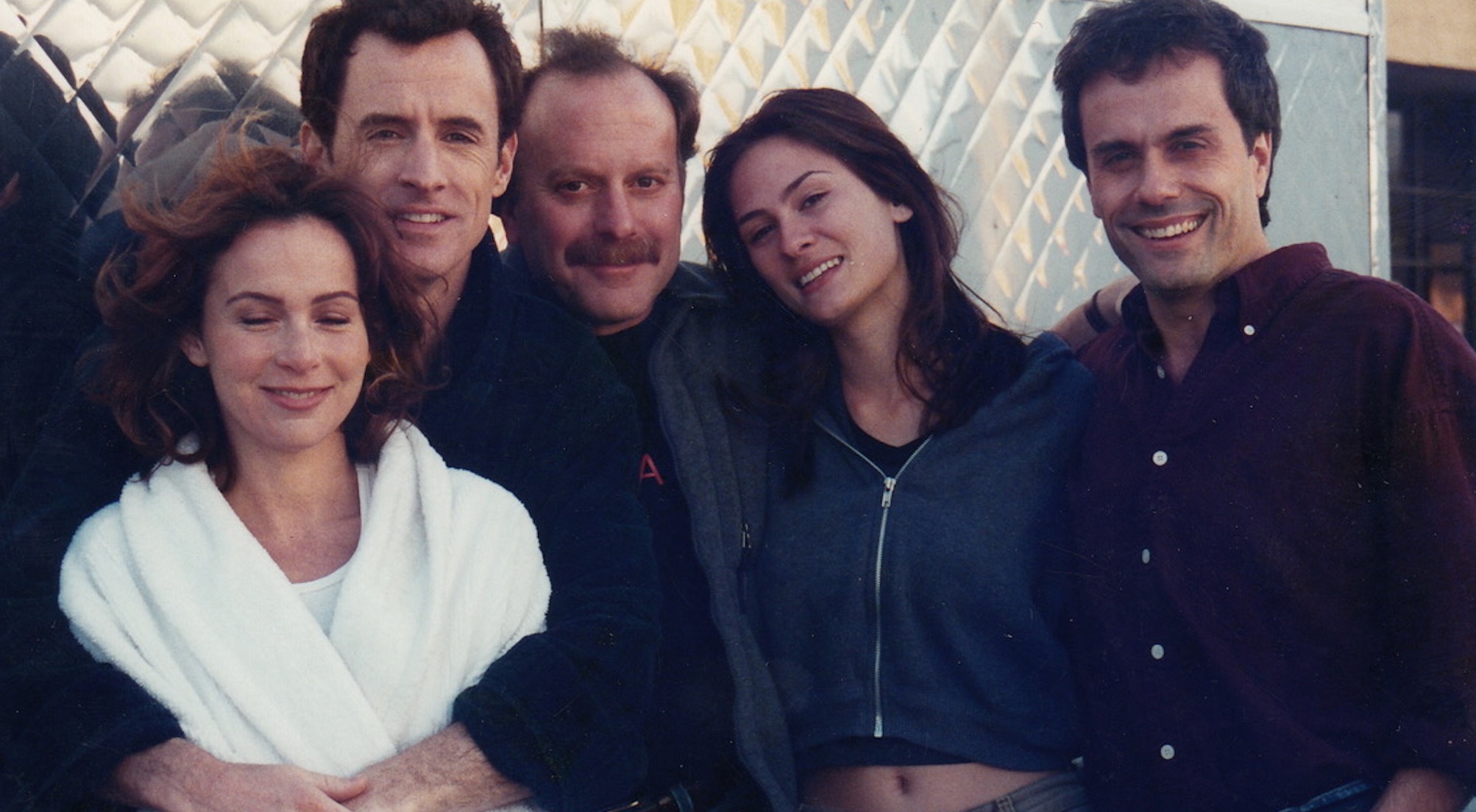
Viewing Beau Is Afraid for the first time brings forth various, often conflicting, thoughts and emotions. It is a film, like those from such influential mind-bending masters as David Lynch and Charlie Kaufman, that is impossible to label as any one thing. It is a horror film, a dark comedy, an otherworldly adventure, an absurd nightmare, an insightful examination of dysfunctional parent/child relationships, and an unsettlingly bleak depiction of modern life. These are just a few of the things that the film could be defined as, but it is not limited to any number of them as there are literally countless other labels that could be attached to it.
The film is a stream-of-consciousness cinematic experiment that dares to boldly and unabashedly present its wild ideas without fully explaining and/or understanding them. It is designed to appeal to the subconscious and to primitive emotions, communicating most of the details of its story through feeling rather than intellect. Beau Is Afraid seems like it was written in a free-style fashion in two or three days by a very talented writer, then meticulously and carefully crafted into the film it is by a highly inventive and skilled filmmaking team.
Joaquin Phoenix stars as Beau, a timid middle-aged man with an overbearing and abusive mother (Patti Lupone). After she passes due to a darkly amusing chandelier accident, Beau is forced to go on a long, dangerous, and increasingly bizarre journey that is constantly interrupted by mishaps, otherworldly occurrences, and random encounters. As the journey progresses, so does the deterioration of common logic and Beau’s fragile sense of reality.
The storyline is merely an excuse for a series of loosely (if at all) connected vignettes, darkly quirky character studies, and an adventurous exploration of wildly different tones. Beau Is Afraid is sometimes kinetic, sometimes languidly paced, sometimes intensely tantalizing, sometimes mysterious, sometimes hysterical, sometimes weird to the point of being alienating, and almost always fascinating. It follows the lead character from one character interaction and location to another, adjusting its style and mood in accordance with how Beau reacts to each new situation. The more Beau is riddled with anxiety and fear (which, as you can guess by the title, is often), the more the film tries to instill the same feelings in its audience. When Beau is presented with profound and deeply moving life experiences (such as reuniting with a childhood sweetheart that is portrayed by Parker Posey as an adult), the film slows down and allows them to sink in and affect the viewer as they affect him—at least before everything inevitably goes to hell again.
Phoenix is at his usual hyper-committed and intensely lifelike best. His performance is raw, vulnerable, neurotically energized, and endearingly innocent. Beau is a character who acts like he is scared to be an adult who is comfortable in his own skin, far closer to a nervous child than he is a fully functional man. Phoenix grabs the role by the horns and fully embodies it with endless naturalism—something that helps ground the film’s overall surrealistic nature.
Writer/director Ari Aster (Hereditary, Midsommar) has repeatedly proven himself to be a strikingly commanding force behind the camera, and his audacity is on full display in Beau Is Afraid. As was the case with his previous two features, Aster’s filmmaking style for Beau Is Afraid pushes boundaries to discover new, fresh perspectives that are everything from grotesquely bizarre to astoundingly and oddly beautiful. When the film, roughly halfway through, segues into an elongated sequence of experimental animation, it’s both awe-inspiringly creative and wholly impressive that it manages to organically and seamlessly fit into the film’s steady stream of brazen stylistic risks.
The main fault of Beau Is Afraid is its three-hour runtime. The film could have and should have been shaved down by at least thirty minutes. The pacing, just like almost every other aspect of Beau Is Afraid, is intentionally haphazard. While it’s clear that Aster’s intention is to elicit a plethora of emotional reactions from his audience (frustration included) by drawing the film out, the risky experimentation with the pacing doesn’t always pay off. Beau Is Afraid’s inconsistent momentum is its main characteristic, more than its many other idiosyncrasies, that risks losing its audience’s engagement.
It’s impossible to come to any one understanding of Beau Is Afraid. It is a film designed to be many different things to many different people. Though I’ve only seen it once to date, I believe it is the type of film that will always offer something new with each repeat viewing. It’s an abstract piece of work that is steeped in feelings of terror, anxiousness, guilt, shame, humiliation, and, conflictingly enough, wonder. While the specifics of its storyline are largely open to interpretation, the powerful emotions it begets are entirely clear. Beau Is Afraid is not concerned with whether or not you like it. It exists, like any work of art, to evoke a reaction. The nature of this reaction will differ from viewer to viewer, but there is no denying that it will, at the very least, be an incredibly strong one.
GRADE: A-


